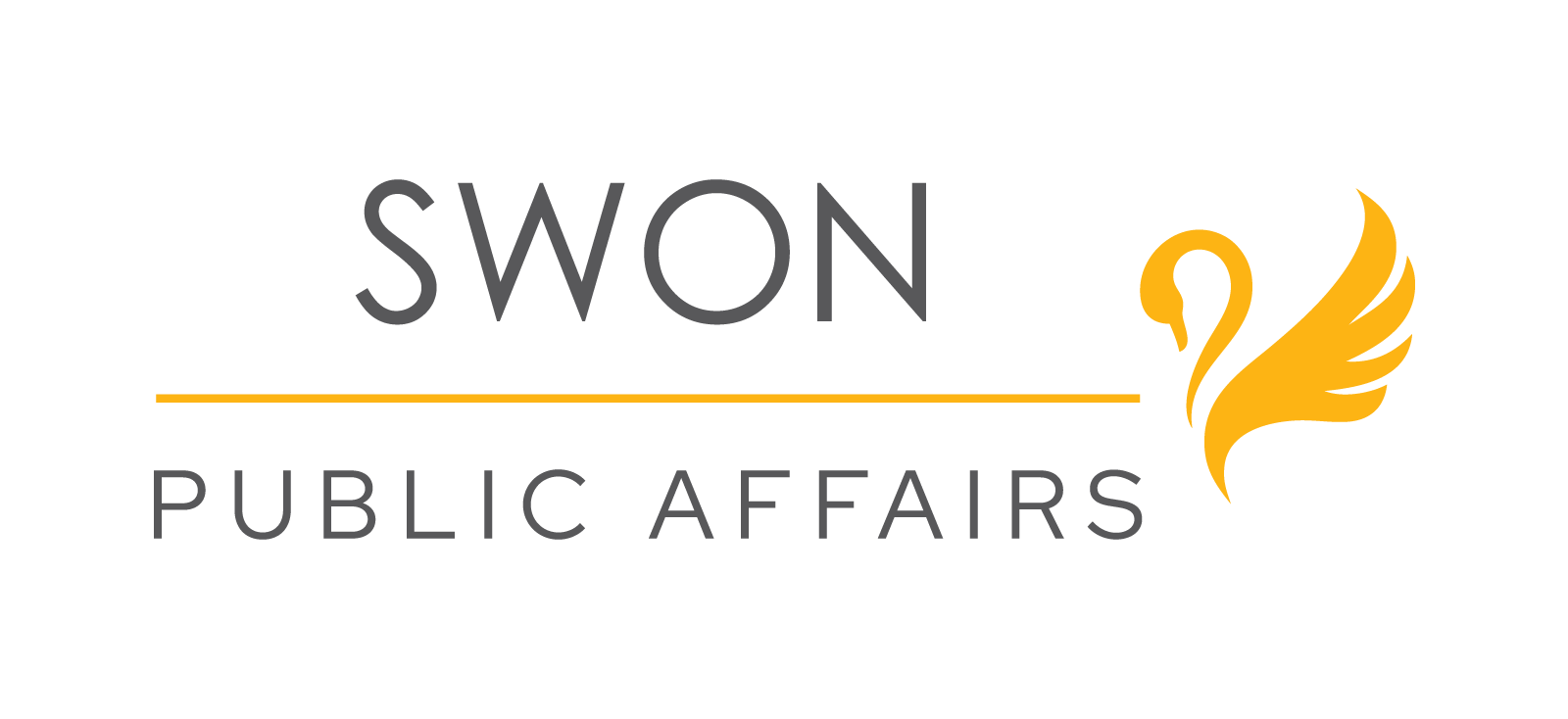
Working with a non-profit? Don’t forget about Advocacy
Advocacy is a dynamic and purposeful form of activism that involves actively supporting and promoting a cause, policy, or group to bring about positive change. For non-profit organizations, advocacy is a critical tool that goes beyond traditional charitable work. It is a strategic approach to address the root causes of issues and create lasting impact by influencing policies, systems, and societal attitudes. Non-profits often find themselves at the forefront of advocating for social justice, human rights, environmental conservation, and various other causes. By engaging in advocacy efforts, these organizations can amplify the voices of the communities they serve, champion their rights, and work towards systemic change. Advocacy enables non-profits to move beyond providing immediate assistance to addressing the structural and policy issues that contribute to the challenges their constituents face. One of the key benefits of advocacy for non-profits is its potential to create lasting and widespread change. By actively participating in shaping policies and influencing decision-makers, non-profits can contribute to the development and implementation of laws and regulations that better serve their target populations. Advocacy also helps non-profits raise awareness about pressing issues, mobilize support, and build partnerships with like-minded organizations and individuals. Moreover, advocacy enhances the credibility and visibility of non-profits. By being vocal champions for their causes, these organizations can attract public attention, media coverage, and support from various stakeholders. This increased visibility can lead to expanded networks, increased funding opportunities, and greater influence in shaping the discourse around the issues they tackle. In conclusion, advocacy is not merely an option but a fundamental strategy for non-profits aiming to make a substantial and enduring impact. By advocating for change at the policy level, non-profits can address the root causes of societal issues, contribute to systemic change, and create a more just and equitable world for the communities they serve.

Introducing the Canadian Mortgage Charter for Tailored Relief in Challenging Times
The 2023 Fall Economic Statement introduces the New Canadian Mortgage Charter, a proactive response by the federal government to address the concerns of Canadians facing increasing mortgage payments due to high interest rates. Acknowledging the rapid rise in interest rates, the government emphasizes the need to protect individuals who have invested their savings and earnings into their homes. The charter aims to inform Canadians about available mortgage relief options and unveils new measures to ensure tailored assistance. Under the Canadian Mortgage Charter, federally-regulated financial institutions are expected to work closely with mortgage holders facing financial difficulties on their principal residence. The government emphasizes that these institutions should offer fair, reasonable, and timely relief measures. Proactive outreach to vulnerable borrowers and the efficient use of available tools are emphasized, with the goal of supporting Canadians through temporary financial stress caused by elevated interest rates, ultimately enabling them to remain in their homes. The federal government commits to closely monitoring the implementation and compliance of relief measures by financial institutions, guided by the Financial Consumer Agency of Canada’s directives.
Ontario Government Introduces Progressive Legislation to Safeguard Workers in the Restaurant and Hospitality Industry
The Ontario government is set to transform labor protections for over 400,000 workers in the restaurant and hospitality industry with the introduction of the Working for Workers Four Act, 2023. This innovative legislation aims to amend the province’s Employment Standards Act, focusing on crucial issues to safeguard the well-being of employees in this vital sector. Key features of the proposed Act include the prohibition of unpaid trial shifts and a clear directive that employers cannot deduct wages in instances of dine and dash, gas and dash, or other stolen property incidents. David Piccini, Minister of Labour, Immigration, Training, and Skills Development, emphasizes the unacceptable nature of workers facing financial losses or harm due to criminal activities beyond their control. Statistics underscore the prevalence of issues such as one in 20 diners leaving a restaurant without payment, contributing to substantial financial losses. The proposed legislation not only tackles unpaid trial shifts and wage deductions but also addresses tip-sharing policies. Employers must communicate clearly in the workplace if they adopt pooled tip-sharing, with transparency aimed at ensuring fair compensation and understanding among service workers regarding tip calculation and distribution. In response to the rise of digital payment platforms, the Act seeks to empower workers by obliging employers to allow employees to choose the account for tip deposits when using direct deposit. Beyond immediate concerns, the Working for Workers Four Act envisions broader workplace fairness, including initiatives to promote salary transparency, privacy, increased benefits for injured workers and firefighters, and additional support for newcomers entering the workforce. Part of a comprehensive legislative package building on previous Acts, these measures, if passed, promise to significantly enhance earnings for millions of workers and foster the integration of newcomers, ultimately contributing to a more robust and equitable Ontario.
Thank you for being apart of our Newsletter
Thank you for being a valued reader of our newsletter. Your continued interest and engagement have been the driving force behind our efforts to deliver meaningful content and updates to your inbox regularly. Your dedication to staying connected with us inspires us to go above and beyond in curating relevant and informative articles that resonate with your interests and needs. We are committed to providing you with valuable insights, exciting news, and inspiring stories that enrich your experience as a part of our community. Thank you for being an essential part of our newsletter family. Your support encourages us to keep delivering content that adds value to your life and keeps you informed and inspired. If there’s anything specific you would like to see in future editions or any suggestions you’d like to share, please feel free to reach out to us. Your input is highly valued, and we are always eager to hear from you. Thank you for your unwavering support, and we look forward to sharing more exciting updates with you soon.
















Latest posts